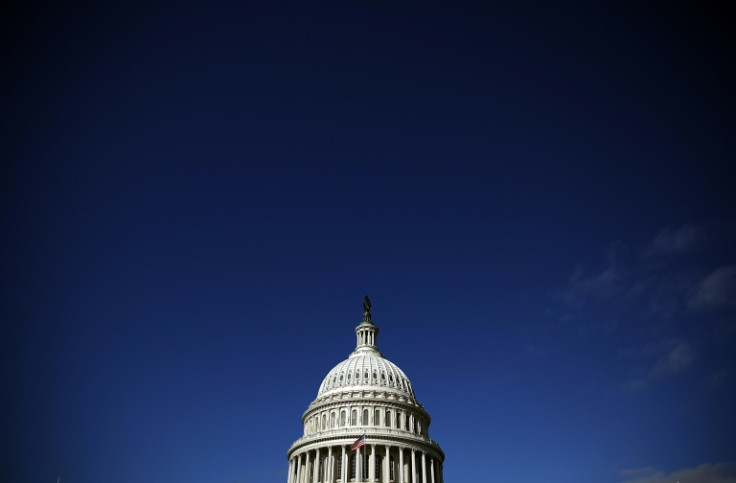
The largest union representing federal government employees in the United States has issued an urgent call for Congress to end the ongoing government shutdown, now entering its fourth week. The American Federation of Government Employees (AFGE) warns that the prolonged closure has become an 'avoidable crisis' that threatens both national stability and the livelihoods of over 800,000 workers.
Critical Services at Risk
Since the shutdown began on 1 October 2025, hundreds of thousands of federal workers have either been furloughed or required to work without pay. These include essential roles such as air traffic controllers, medical personnel, prison officers, and border agents. Union president Everett Kelley condemned lawmakers for using public servants as political bargaining chips, stating, 'It is disgraceful that the Trump administration has used the government shutdown as an excuse to illegally fire thousands of workers who provide critical services to communities across the country.'
Kelley added that both major parties are responsible for worsening economic instability and increasing public risk. The union is calling for a 'clean continuing resolution'—a short-term funding measure that would reopen government operations without attaching partisan policy demands. This stance aligns with Republican House leaders, who have repeatedly passed such resolutions, while Senate Democrats have blocked them, insisting that funding must include broader commitments on healthcare subsidies and long-term fiscal planning.
Widening Economic Impact
As the shutdown persists, its economic toll is becoming more evident. The Supplemental Nutrition Assistance Program (SNAP), which supports approximately 40 million Americans, is operating on contingency funding that could soon run out. The federal healthcare marketplace is also set to enter open enrolment on 1 November, yet essential support staff remain unpaid, raising fears of delays and system backlogs.
Analysts warn that the longer the shutdown continues, the greater the risk to public confidence in government institutions. The economic ripple effects could extend beyond federal paychecks, potentially triggering defaults on government contracts and slowing economic growth across the private sector.
A Humanitarian and Security Crisis
AFGE's intervention marks a significant escalation in political pressure, as unions rarely direct such stark public ultimatums at both parties simultaneously. The union emphasised that this is not just a partisan dispute but a humanitarian and economic emergency that directly threatens national security. With federal workers missing their second consecutive pay cycle, union officials stressed that the consequences are tangible: families are being broken apart, critical infrastructure is weakening, and lives are at risk.
Public Sentiment and Economic Risks
Public opinion surveys show rising frustration among voters, with a majority blaming elected officials rather than abstract fiscal issues for the shutdown. Economists warn that if the shutdown extends into a fifth week, the repercussions could be far-reaching—potentially leading to contract defaults and broader economic slowdowns in the private sector.
No Clear End in Sight
Despite mounting pressure, negotiations remain deadlocked. Both chambers of Congress refuse to compromise on policy demands attached to funding, leaving the crisis unresolved. For hundreds of thousands of unpaid workers, the union's message is unequivocal: the crisis is no longer political — it is personal, and the situation is reaching a breaking point.
As the shutdown drags on, the stakes grow higher for workers, the economy, and the nation's stability. The coming days will be critical in determining whether lawmakers can break the deadlock and restore essential services, or if this crisis will continue to deepen.







